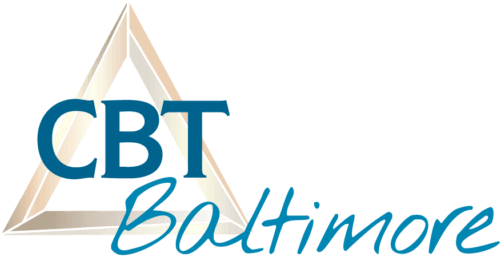Symptoms of PTSD fall into four main categories: intrusion, avoidance behavior, changes to mood and thoughts, and shifts in arousal states. Intrusion symptoms may include recurring and upsetting memories or dreams of the trauma, flashbacks in which the individual re-lives the event, and psychological and physiological distress when triggered by reminders of the trauma.
What is Posttraumatic Stress Disorder (PTSD)?
Posttraumatic Stress Disorder (PTSD) and trauma-related distress may arise when an individual experiences a trauma involving a threat to themselves or close others (e.g., victim of violence, sexual assault, witnessing a major disaster). Not all traumas lead to PTSD and trauma related anxiety. In fact, PTSD and trauma related anxiety may just represent extreme and maladaptive versions of typical coping patterns.
Individuals with PTSD generally avoid reminders of the event, regardless if the reminders are external (e.g., objects) or internal (e.g., thoughts, feelings). PTSD is also associated with significant changes to thoughts and mood states. This may include blackouts of traumatic memories, negative views of the world and self, unrealistic thoughts about the cause of the trauma (e.g., self-blame), lessened interest and involvement in activities, decreased connectedness to others, increased negative mood states (e.g., guilt), and lowered capacity to experience positive feelings (e.g., numbness).
Lastly, PTSD is associated with a shift in arousal states after experiencing the trauma. This may include increased aggression, hypervigilance, heightened startle reflex, increased impulsivity and recklessness, concentration difficulties, and sleep irregularities.
Cognitive-behavioral therapy (CBT) is the psychological treatment of choice for PTSD and trauma-related anxiety. It consists of psycho-education, exposure exercises, cognitive restructuring, and more. CBT for PTSD is usually a challenging but effective intervention for those with long-standing PTSD symptoms.
Please note that determining if recent trauma victims require treatment is a controversial and challenging task. People tend to be relatively resilient; most who experience a trauma cope effectively over time and do not develop PTSD.
Some treatments for trauma victims assume that interventions are necessary and helpful immediately following a trauma. However, evidence indicates that some techniques can actually worsen symptoms at this stage.
CBT Baltimore is careful about its use of treatment for recent trauma victims and generally endorses a more supportive approach early on. This supportive treatment typically involves monitoring patient safety and symptoms, brainstorming problem-solving strategies for life-mending tasks (e.g., helping a patient contact lost family members after a natural disaster), and–by following the patient’s lead–facilitating (and not forcing) natural coping strategies. Exposure exercises are not used unless PTSD symptoms emerge later.
PTSD Therapy
Contact us to learn more about therapy for PTSD, or feel free to request a session.

